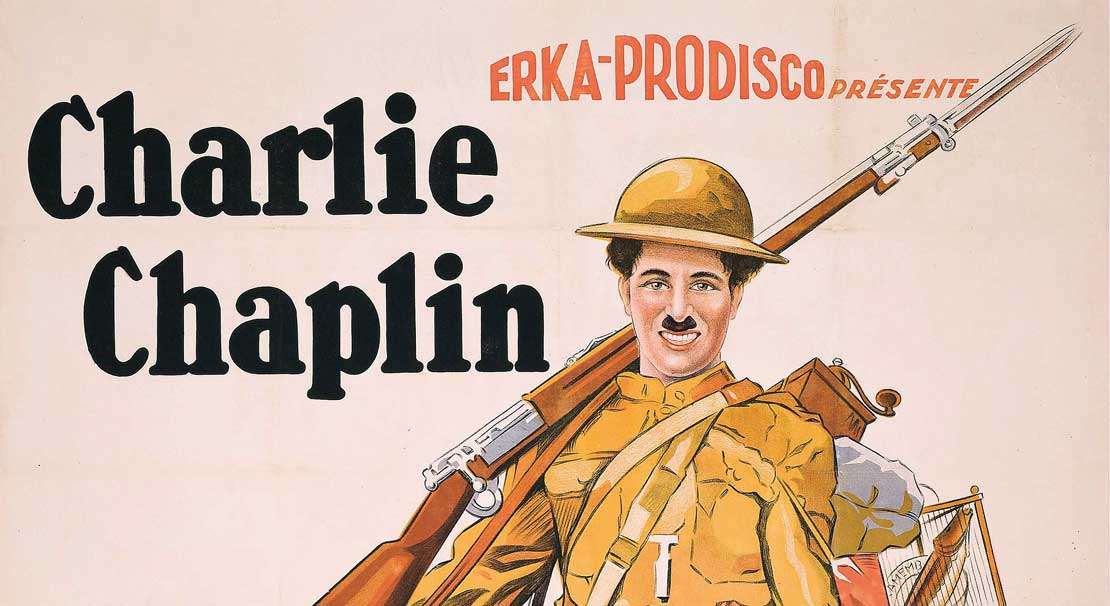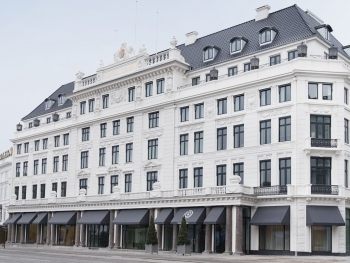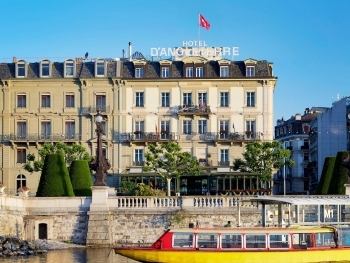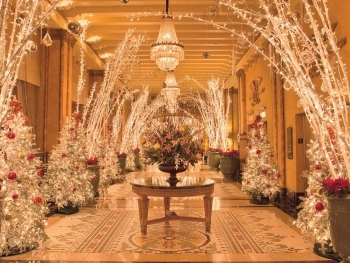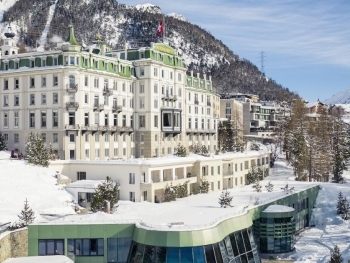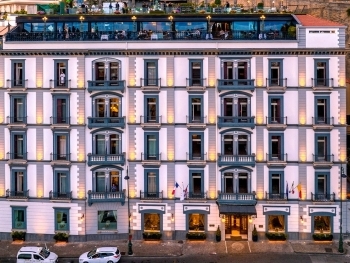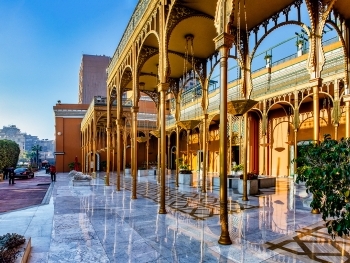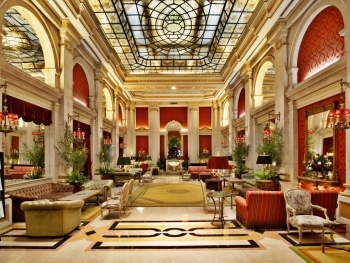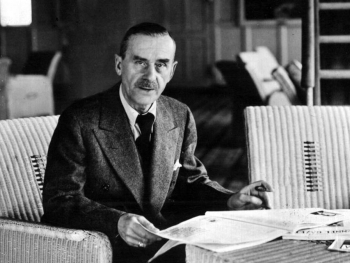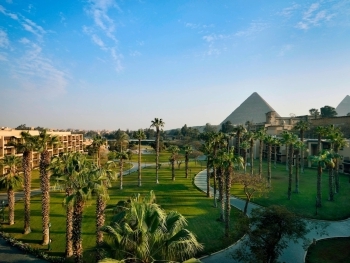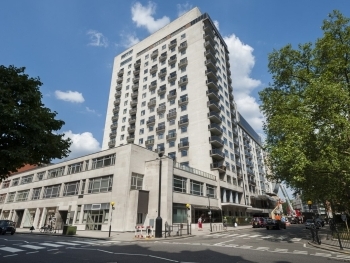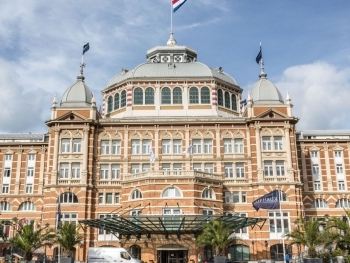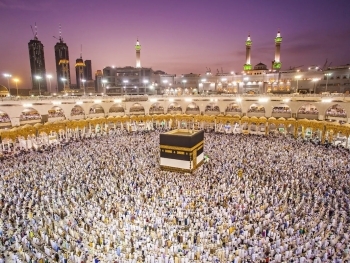In the golden age of cinema’s birth, before theaters dotted the urban landscape, hotels—those bastions of cosmopolitan luxury—were the unlikely cradles of a new artistic and technological revolution: motion pictures. These establishments, already equipped with ballrooms, salons, and electric lighting, provided the perfect infrastructure for presenting the marvels of moving images. In a fascinating intersection of hospitality and innovation, some of the world’s most storied hotels helped usher in the age of cinema.
From the elegant salons of the Paris Hotel Scribe to the colonial charm of the Hotel Metropole in Hanoi, and from the grandeur of Budapest’s Grand Hotel Royal to the cultural crossroads of Shanghai’s Astor House, these hotels were not only places to rest and revel but also venues where history was projected—literally—on the wall.
Paris Hotel Scribe: The Birthplace of Cinema (1895)
The story of cinema’s first public screening begins in Paris, at the Hotel Scribe—formerly the Grand Café—located at 14 Boulevard des Capucines. On the evening of December 28, 1895 (often misremembered as December 25), history was made in the Indian Salon, a stylish venue leased by the prestigious Jockey Club.
It was there that Auguste and Louis Lumière unveiled their invention, the Cinématographe, to a paying audience for the first time. This compact, hand-cranked device served as camera, printer, and projector in one. That night, the Lumières projected a series of short films including La Sortie de l’Usine Lumière à Lyon (Workers Leaving the Lumière Factory), Le Déjeuner de Bébé (Baby's Breakfast), and L’Arrivée d’un Train en Gare de La Ciotat (Arrival of a Train at La Ciotat Station). The effect was electrifying. Legend has it that audiences leapt from their chairs as the train appeared to barrel toward them.
Though not technically the first use of projected film—Austrian inventor Theodor Reich had attempted similar feats in London a year earlier—Reich’s efforts were thwarted when flammable celluloid film caught fire, shaking his confidence. The Lumière brothers, however, persevered and perfected the projection process. Their success on that winter evening in 1895 is now widely regarded as the “birth of cinema.”
Today, the Hotel Scribe, now operated by Sofitel, honors its cinematic heritage with a suite dedicated to the Lumière brothers and a small museum exhibit for guests.
Grand Hotel Royal, Budapest: Cinema Comes to Central Europe (1896)
The Hotel Royal in Budapest (today the Corinthia Hotel Budapest) can proudly claim the distinction of hosting the second-ever public screening of a motion picture using the Lumière Cinématographe, just a few months after the Paris debut. On May 10, 1896, the Lumières’ Hungarian associate, Arnold Sziklay, presented the marvel of moving pictures in the hotel’s ornate ballroom.
Located on the bustling Erzsébet Boulevard, the Grand Hotel Royal was Budapest’s most prestigious address. Its grand halls and ballrooms offered the perfect venue for cultural events, and its patrons—aristocrats, artists, and intellectuals—were eager to embrace the new medium.
The screening was met with astonishment and excitement. Within months, interest in motion pictures spread throughout the Austro-Hungarian Empire, catalyzing the development of permanent cinemas. The hotel itself would go on to play host to several early film productions and industry events.
Hotel Metropole, Hanoi: The Cinematic Gateway to Indochina (1916)
By the early 20th century, the global reach of cinema had extended well beyond Europe. In French Indochina—modern-day Vietnam—the first venue to introduce the magic of motion pictures was the Hotel Metropole in Hanoi.
Built in 1901 to serve colonial elites and distinguished guests, the Metropole quickly became a symbol of French sophistication in Southeast Asia. In 1916, it hosted the first film screening in Indochina, marking a pivotal moment in the cultural history of the region. French newsreels, travel documentaries, and eventually feature films captivated Vietnamese and European audiences alike.
This introduction to cinema at the Metropole played a key role in the development of Vietnamese film culture, laying the groundwork for the country's own cinematic expressions later in the 20th century. The hotel still celebrates its cinematic past, having hosted stars such as Charlie Chaplin (who honeymooned there) and later, actors and filmmakers during the Vietnam War era.
Astor House Hotel, Shanghai: Western Cinema Meets the East
Across the globe, the Astor House Hotel in Shanghai offered yet another fascinating chapter in the early history of hotel-based cinema. Founded in the mid-19th century, Astor House was the first Western-style hotel in China, frequented by traders, diplomats, and intellectuals.
In the early 20th century, it became the first place in China where Western films were shown, introducing Chinese audiences to Hollywood and European cinema. These early screenings included silent films brought over by European and American businessmen, eager to share this technological wonder.
Shanghai’s elite were drawn to the glamour and novelty of film, and the Astor House provided a rare and luxurious space for these cultural encounters. These early presentations were instrumental in shaping China’s burgeoning film industry, which would blossom by the 1920s and 1930s into a vibrant and innovative force.
The Legacy: When Hotels Were Theaters
Why were hotels the first to screen films? The answer lies in their architecture and social function. At the turn of the century, hotels were the cultural centers of their cities. They had large, elegant salons and ballrooms, often already equipped with electric lighting—still a rarity in many homes and venues. Moreover, hotels catered to the upper and middle classes who had both the curiosity and the disposable income to explore new forms of entertainment.
These early cinematic evenings were often combined with receptions, dinners, and musical performances, giving the medium of film a social prestige that helped it move beyond novelty status into a respected art form.
Today, these pioneering hotels are rightly celebrated not just as icons of hospitality, but also as temples of early cinema. They remind us that film, like all great art, thrives in places where people gather, converse, and dream.
A Heritage of Screens and Stories
From the shadows cast in the Indian Salon in Paris to the glowing screens of Hanoi, Shanghai, and Budapest, the role of hotels in the genesis of cinema is a story as charming as it is significant. These majestic institutions provided more than just shelter; they offered a stage for a new kind of spectacle—one that would captivate hearts across continents and generations.
In recognizing the cinematic legacy of the Hotel Scribe, the Grand Hotel Royal, the Hotel Metropole, and the Astor House, we celebrate not just the birth of an industry, but the places that first gave it life.
References and Further Reading
- Rossell, Deac. Living Pictures: The Origins of the Movies
- Abel, Richard. The Ciné Goes to Town: French Cinema 1896–1914
- Gao, Yunxiang. Shanghai and the Cultural Roots of Chinese Cinema
- Corinthia Hotel Archives
- Sofitel Hotel Scribe Archives
